Faith Beyond Belief
If you grew up in the church during the late ‘90s or early 2000s, odds are your understanding of faith was shaped by the apologetics movement. Pastors, parents, and non-profit ministries were convinced that Christianity was mostly about building an edifice of intellectual knowledge. Thinking the right things about God, Jesus, and the Bible were paramount to salvation. This illusion that “faith is the transfer of information sufficient for salvation,” as philosopher Soren Kierkegaard put it, led the church to emphasize correct beliefs at the expense of a transformed life, reducing Christianity to a matter of the head. Doubt was considered deadly, but certainty saved.
Honestly, it’s a wonderful place to start. Even Trappist monk and mystic Thomas Merton admitted in his book New Seeds of Contemplation, “Faith is first of all an intellectual ascent.” But reducing faith to simply the thoughts in our head is an incomplete understanding of the spiritual life. As theologian Marcus Borg wrote in his book The Heart of Christianity, “You can believe all the right things and still be in bondage. You can believe all the right things and still be miserable. You can believe all the right things and still be relatively unchanged. Believing a set of claims to be true has very little transforming power.” And since transformation is the goal of the spiritual life, the faith seeking journey doesn’t end once we comprehend correct beliefs; in many ways, it is only just beginning.
Rebuilding faith from the bottom up begins with a more holistic, ancient understanding of faith as a way of being, seeing, and feeling—as well as believing. It’s what the Apostle Peter meant when he wrote, “For this very reason, make every effort to add to your faith goodness; and to goodness, knowledge; and to knowledge, self-control; and to self-control, perseverance; and to perseverance, godliness; and to godliness, mutual affection; and to mutual affection, love.”
We can all agree that faith is absolutely central to the Christian life, but what does “faith” even mean? In Christian tradition, the word “faith” has three primary meanings. First, the Latin word assensus is used to describe a faith focused on intellectual assent, or believing a claim or a statement to be factually true. To paraphrase Descartes, most of us grew up believing, “I think, therefore I’m saved.” In England and the US, Christians are often referred to as “believers” due to the emphasis on thinking orthodox thoughts.
And though most evangelicals understand this interpretation to be what was meant by “faith” for centuries, it’s really a modern construct birthed in the Enlightenment. Now, for the first time in human history, truth is solely identified with factuality or empirical evidence. Because of the Age of Reason, something is true only if it can be proven scientifically, historically, or factually. Thus, the opposite of “faith as assensus” is doubt. You can see where all this is headed. Skepticism is suddenly a cardinal sin to be avoided at all costs by either turning your brain off, not asking tough questions, or by blindly accepting a faith handed down to you by your parents or pastor. Unfortunately, a faith with blinders on is no faith at all, leading many of us to embrace doubt as a necessary part of the spiritual formation process. As author Frederick Buechner writes, “Doubts are the ants in the pants of faith. They keep it moving.” Even more troubling, since the Enlightenment has set the terms for what we mean by faith and truth, we are left with a disturbing disrespect for experiential spirituality and a Gnostic negation of the body.
The second interpretation of faith is captured in the Latin fiducia or its English equivalent, fiduciary. Fiducia is “faith as trust,” meaning unconditional trust in the source of one’s faith. Thus the opposite of fiducia isn’t doubt, but rather mistrust or worry. Is it any wonder that when Jesus rebuked His followers for having “little faith,” it was linked to their heightened state of worry about material things like clothing, food, and safety. In modern language, He was asking them why they didn’t have more trust in the God who said He would provide for their needs.
The third interpretation is “faith as fidelity,” or devotedness. “Faith as fidelity” means a commitment at our deepest level: in our hearts. It is only logical then that the opposite of faith as devotedness or steadfastness isn’t disbelief, but rather infidelity. The Hebrew scriptures are filled with marital analogies (“adulterous generation,” a whore, a prostitute, an adulterous wife) indicting Israel for her treacherous philandering. Seen from this lens, faith becomes a matter of constancy, allegiance, and integrity, not just correct thinking.
It seems faith is far more robust than we’ve been led to believe. Rightly understood, faith is a holistic matter of the head, heart, and body, reorienting our lives around the object of our faith, which is the historical Jesus. In his book You Are What You Love: The Spiritual Power of Habit, professor James K.A. Smith wrote, “Jesus is a teacher who doesn’t just inform our intellect but forms our very loves. He isn’t content to simply deposit new ideas into your mind; he is after nothing less than your wants, your loves, your longings.” Interestingly enough, when you study the Gospel narratives, this same Jesus seemed far less interested in what someone thought than in how they lived.
In what we now call “The Sermon on the Mount,” Jesus’ most polemic public address, there is virtually nothing about correct beliefs; instead, it is filled with words about what to do and how to be in the world. In fact, the early followers of Jesus were called “The People of the Way” because they understood that following Christ means more than believing the right things about Him; it means living as He lived. According to pastor and author Robin Meyers:
The fundamental illusion from which we must be disentangled, or “undone,” is that the proper definition of the life of faith itself is first and foremost a belief system with behavioral consequences, rather than a way of being in the world whose behavioral consequences make clear the things we believe...We are not acting upon beliefs so much as we are believing through action—we are not believers who act but actors who believe.
What this all means is that the true nature of faith isn’t simply believing a set of propositions or statements about Jesus, it is becoming like Jesus. To have faith in Jesus means not only believing who He said He is, but even more it means living as He lived and loving as He loved. And honestly, that changes everything. Christianity is no longer some stagnant place of intellectual arrival that must be defended at all costs against anyone who disagrees with you. Instead, it is a sacred journey toward transformation, not only of your mind, but also of your heart, body, and soul.


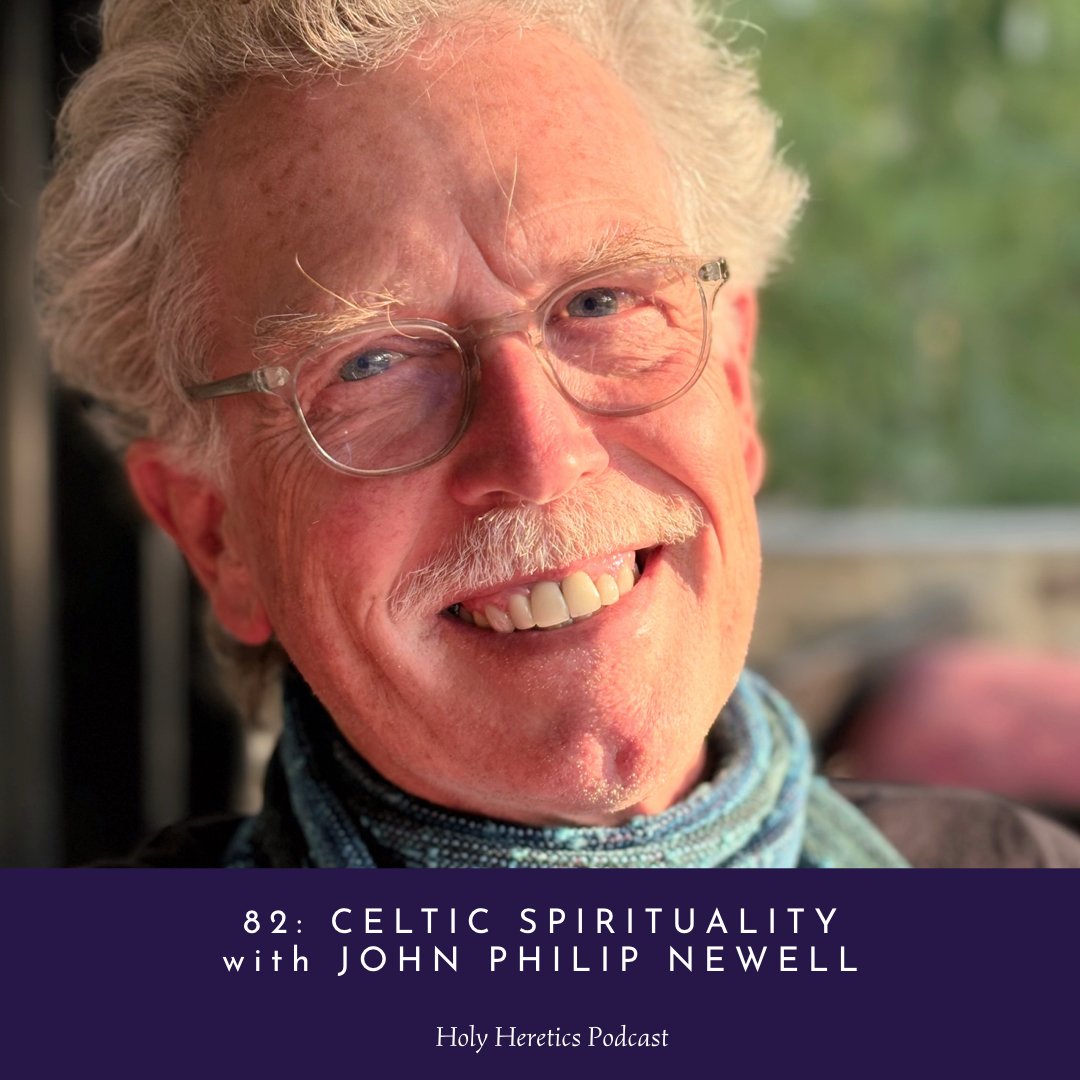
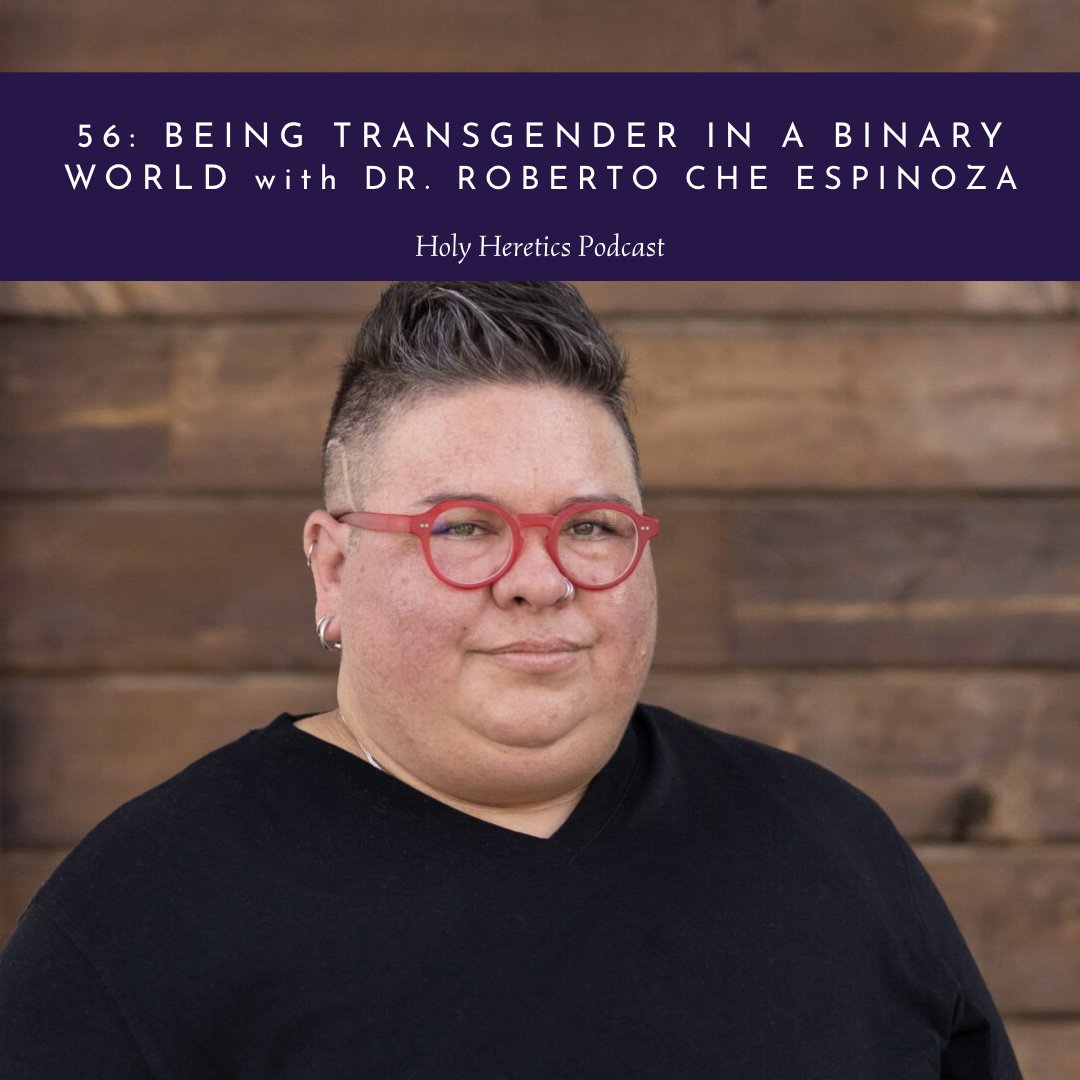
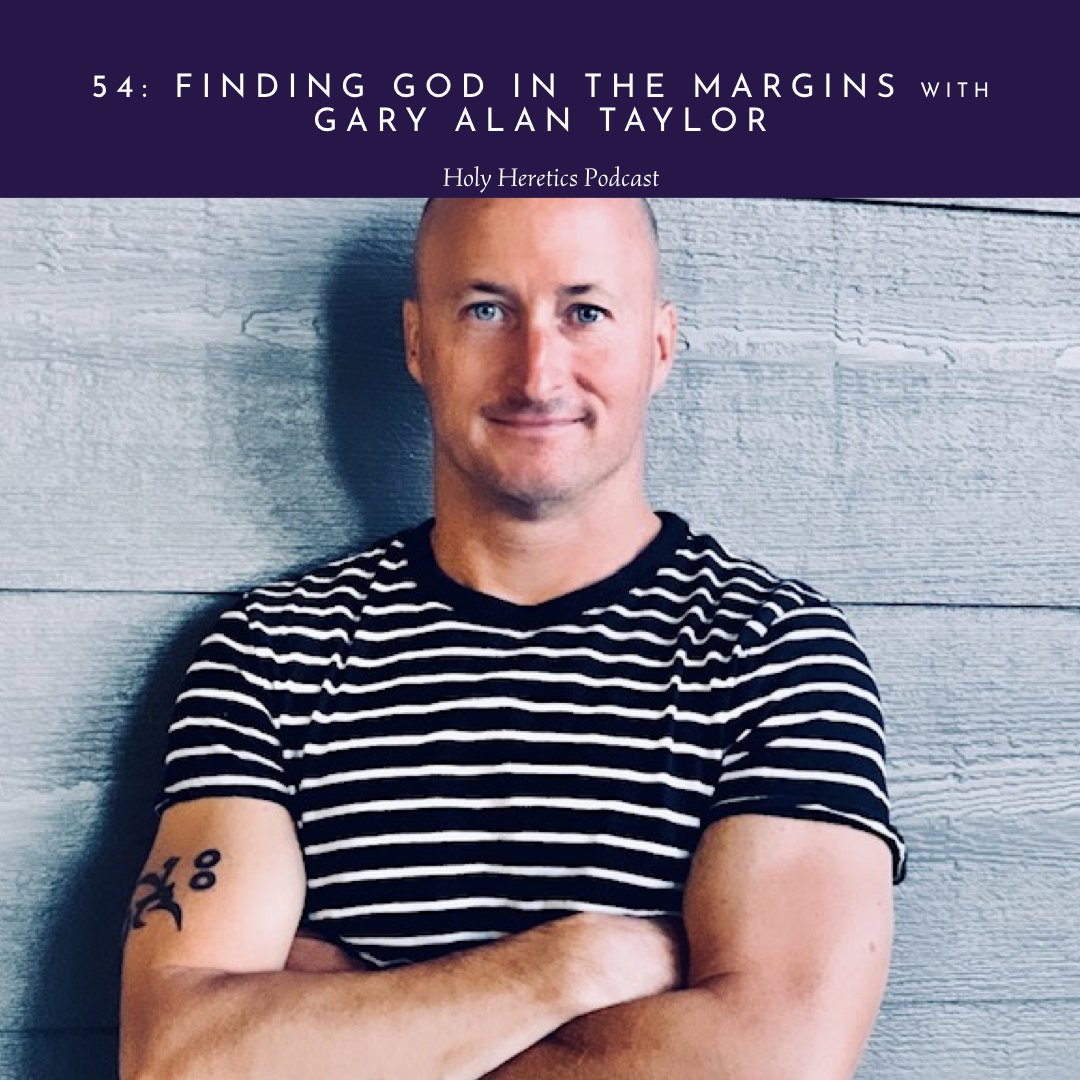
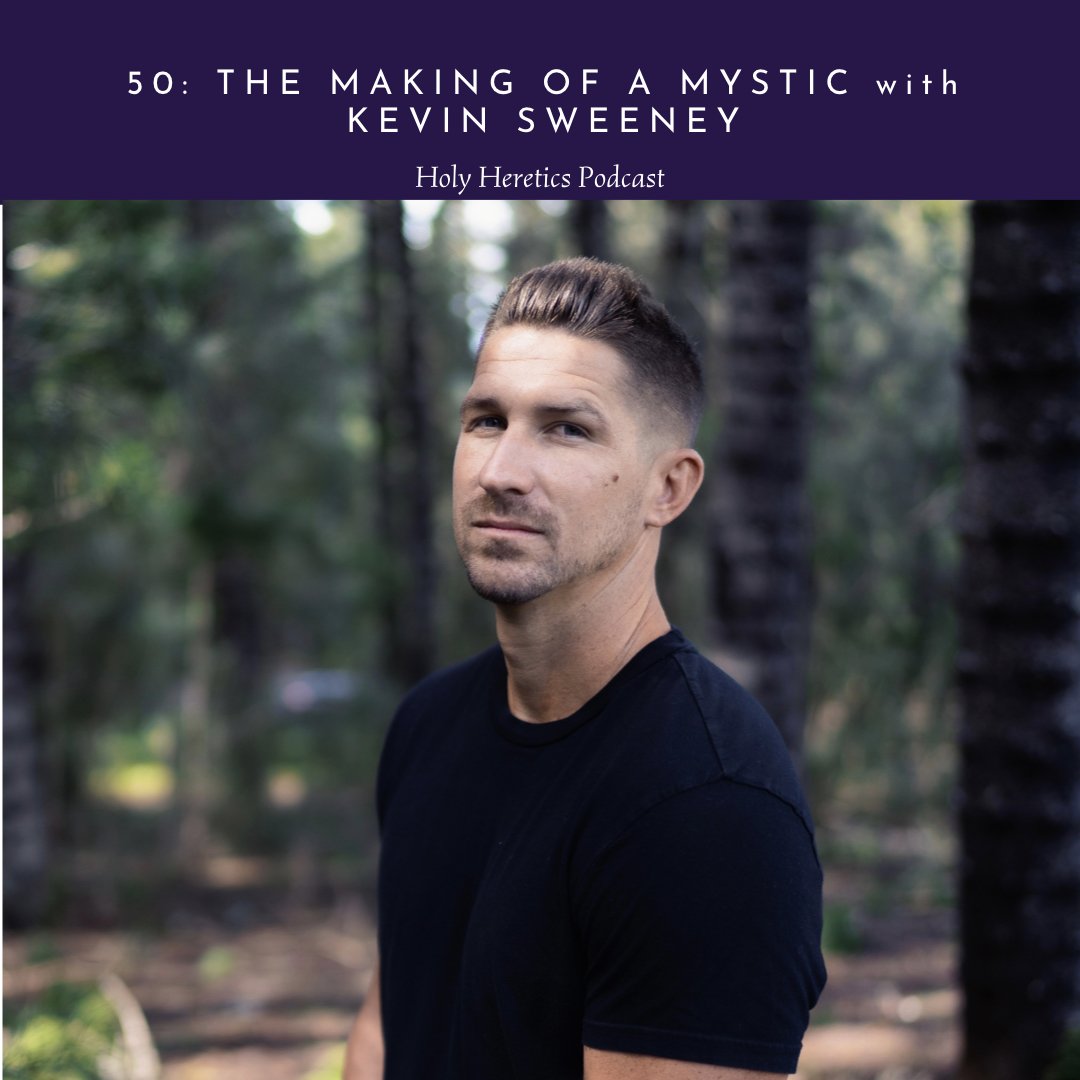
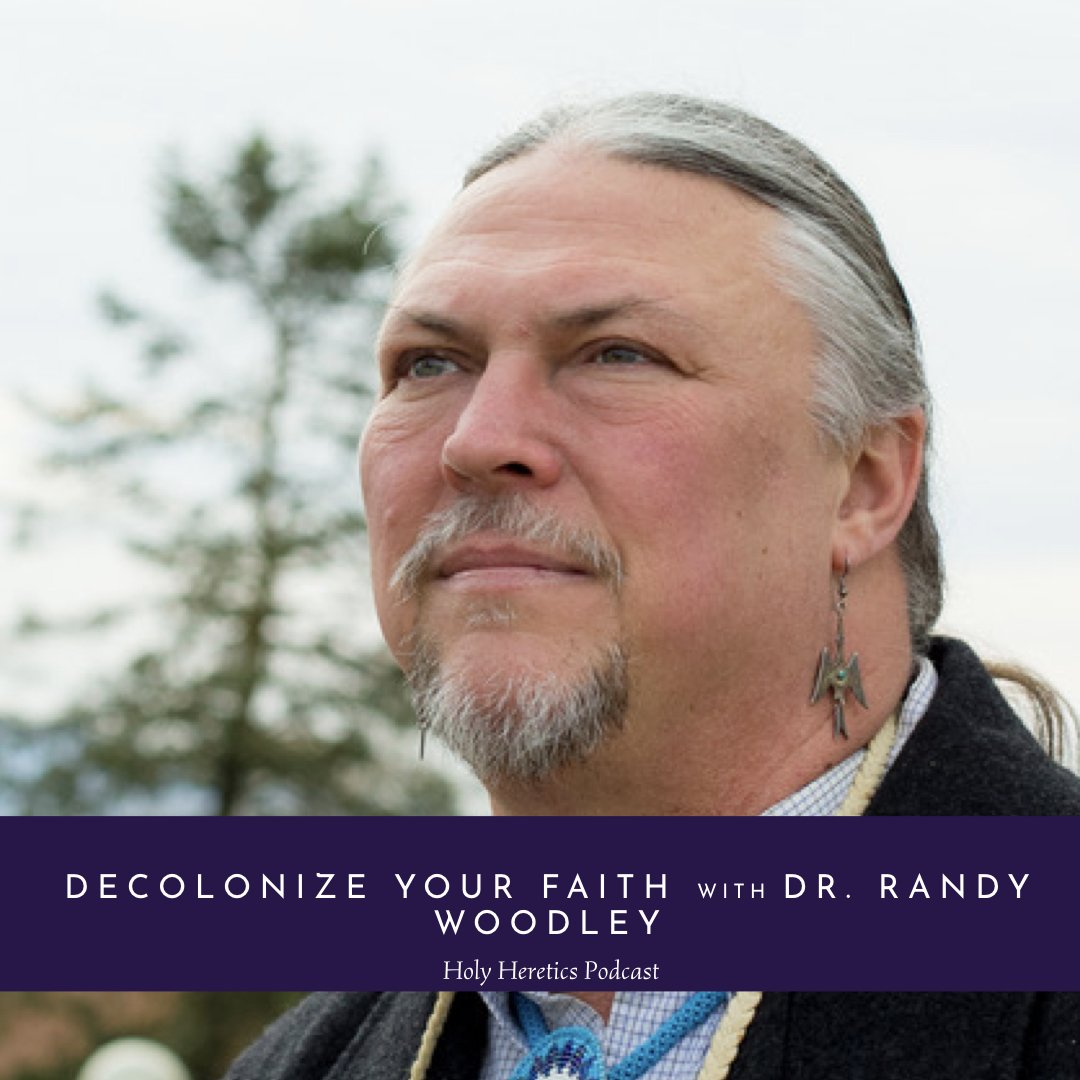
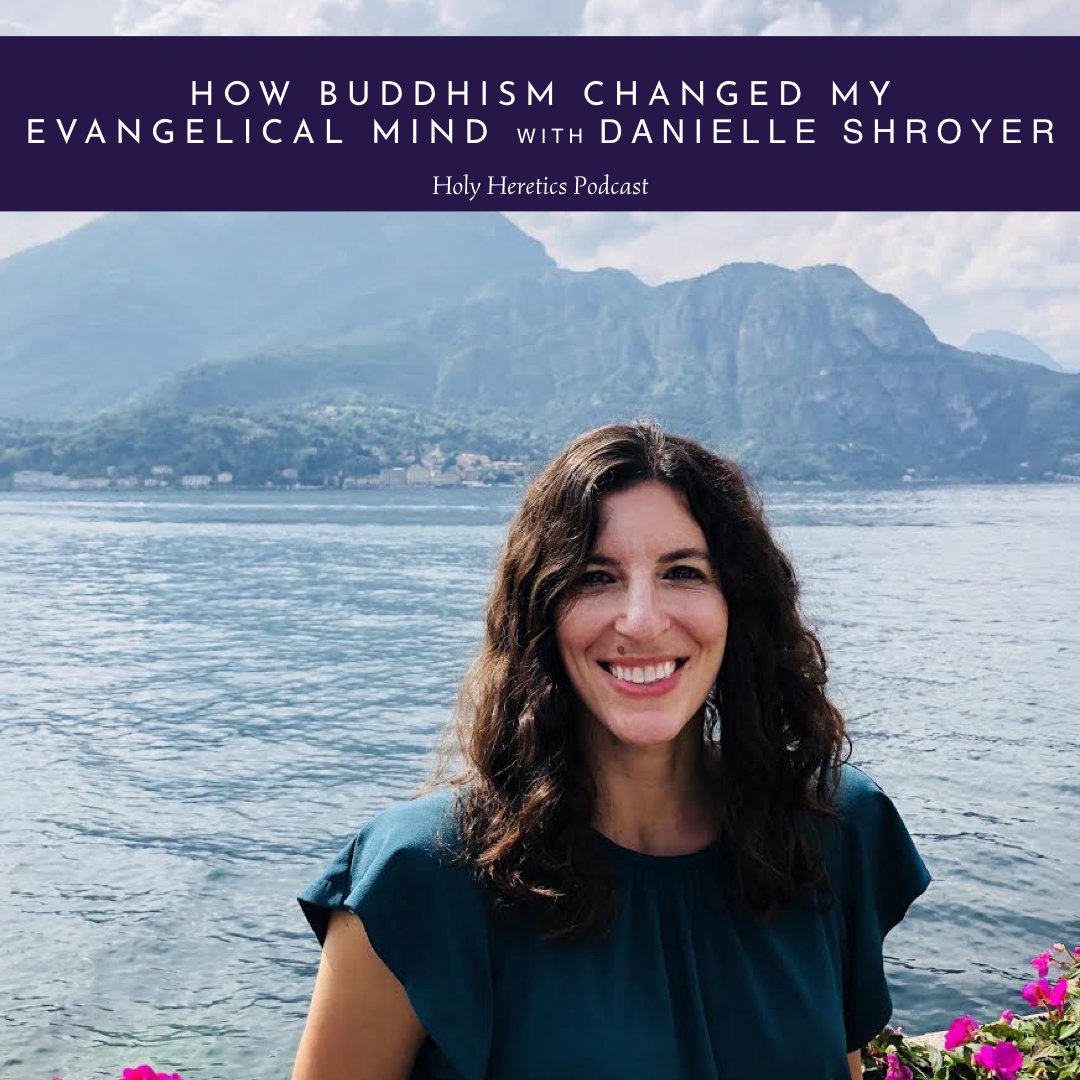
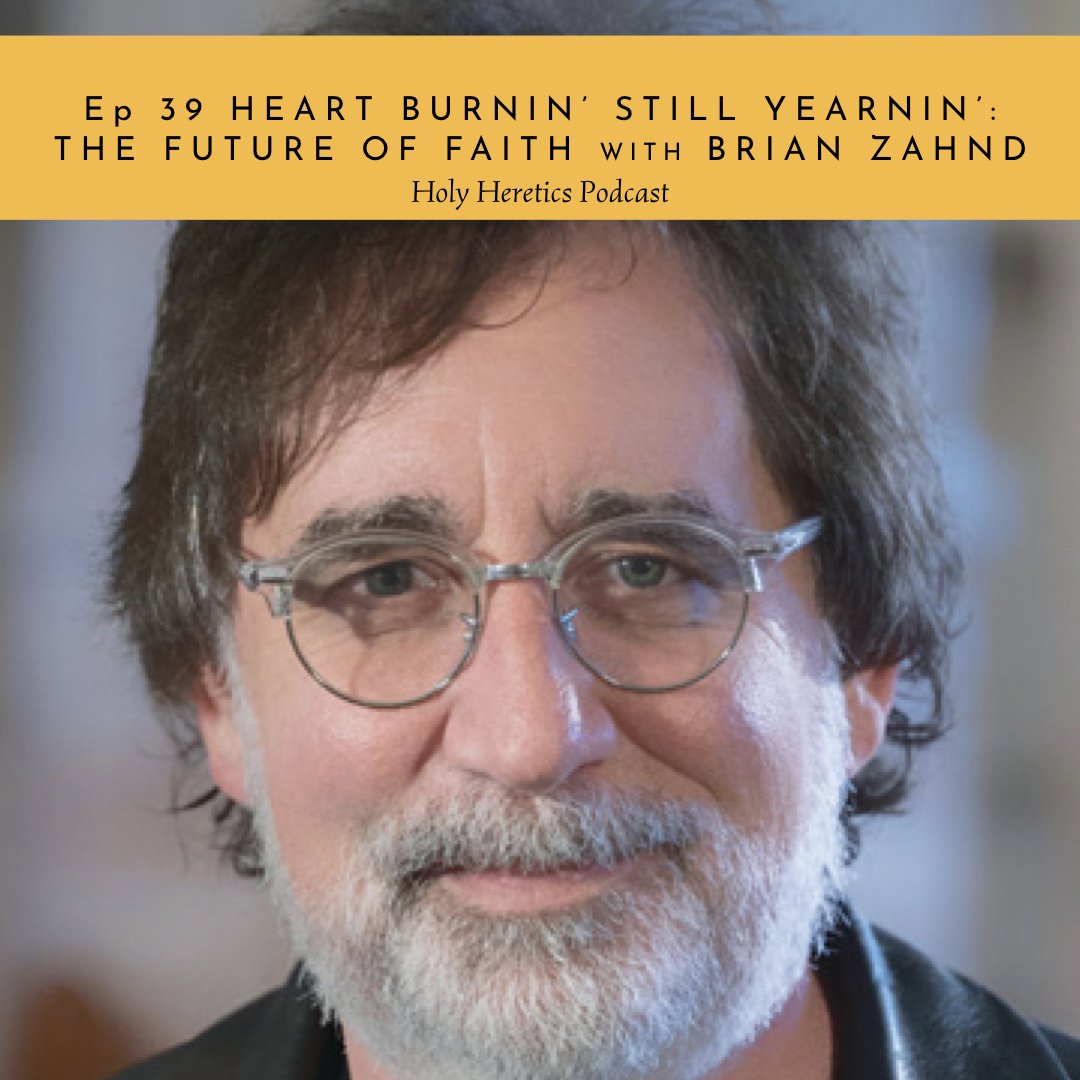
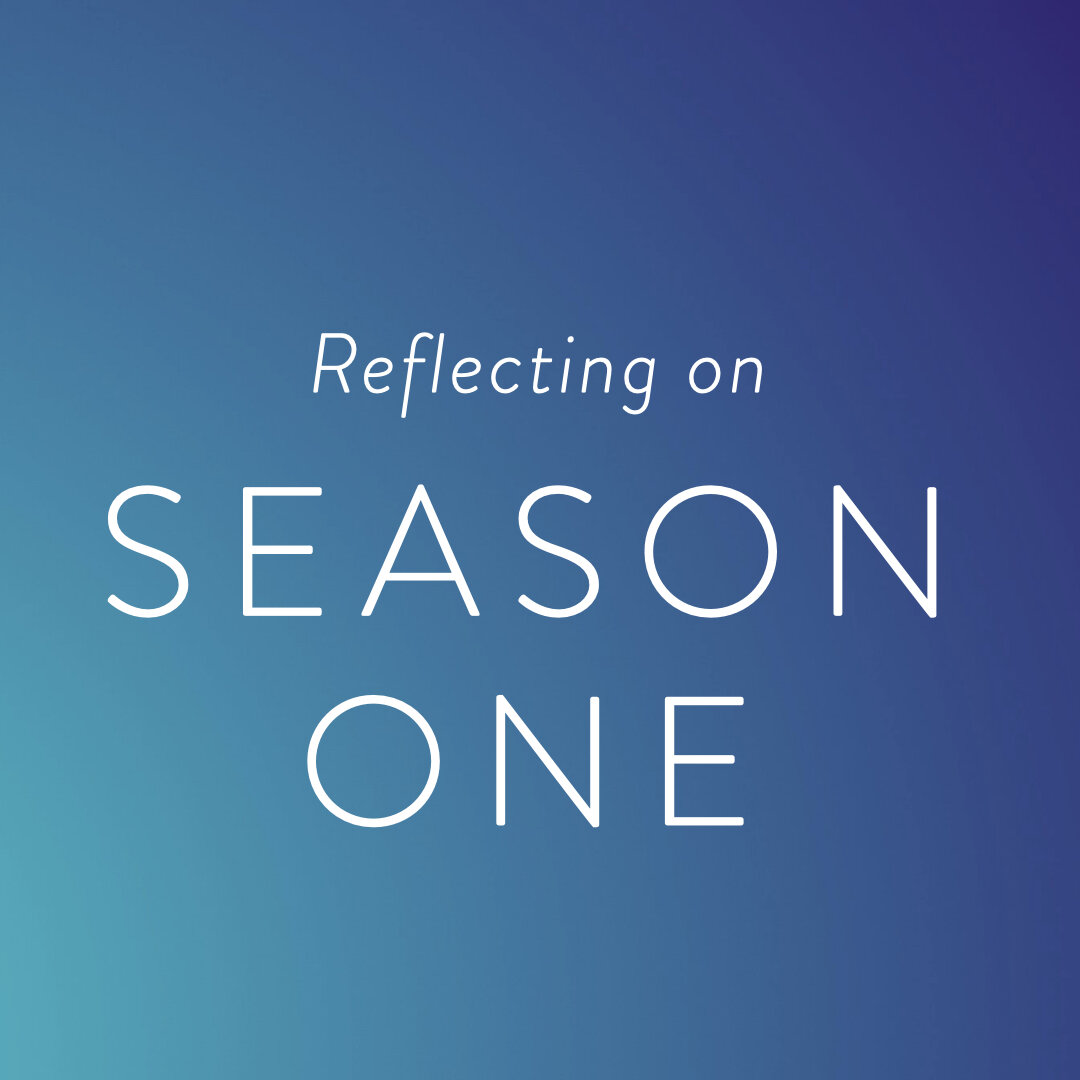
This rising interest in ecospirituality reflects a growing recognition that environmental issues cannot be addressed solely through scientific or political means, but also require a profound shift in our worldview, values, and spirituality.